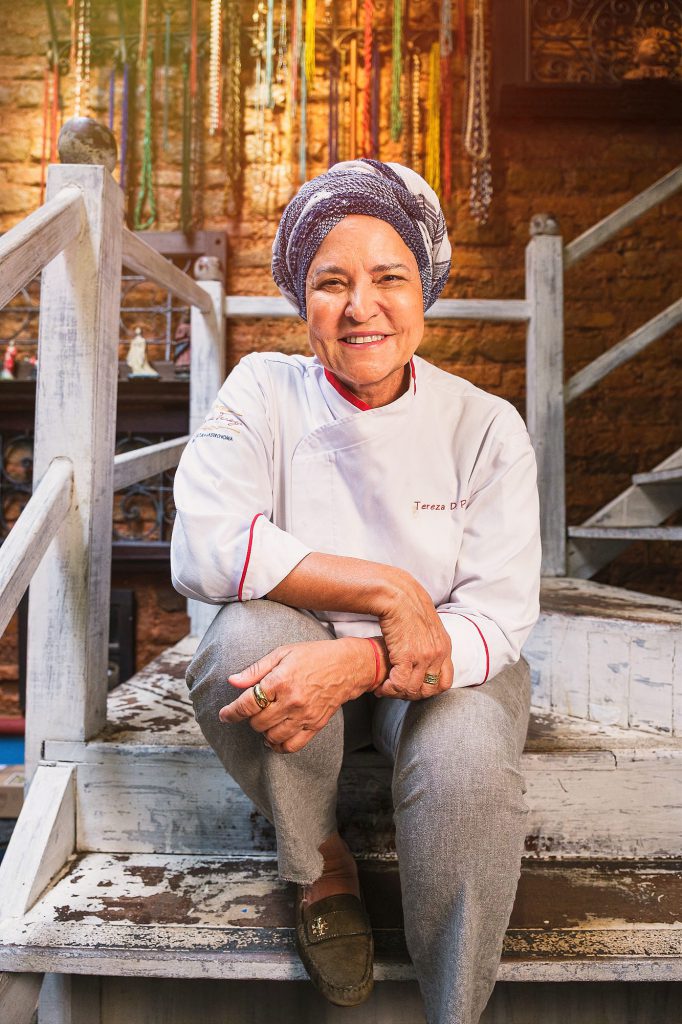Cassava, also known as manioc and yuca, is a Brazilian symbol. The tuberous root is native to South America and, for thousands of years, has been the foundation of our diet – firstly, among Indigenous peoples, and now its potential is crossing our borders. One of the world’s favorite ways to eat it is in the form of farofa: a crispy toasted version garnished with other typical ingredients.
Some people mix the cassava flour with garlic, onions, butter, and pepper. But, as with other Brazilian dishes, creativity is the key to success: with cashew nuts, it can taste like Christmas, or with bananas, it can get more tropical. Eggs, palm oil, dry meat, bacon, and shrimp are other ingredients worth adding to this mix.
Tereza’s farofa

This versatility has guided Tereza Paim to a business that takes farofa abroad. For 20 years she owns restaurants in the state of Bahia, Northeast Brazil, and she has been watching the increasing interest in the dish. “We always put farofa on the tables, so the clients began to ask for a packed version to bring back to their countries,” she remembers.

So, she decided to turn this passion even more professional. Now, her company also includes the production of farofas, spices, palm oil, seasonings, and pepper. The products are sold not only in her restaurants but also at airports, stores, and they are getting ready to reach international shelves.
With help from the Agro.BR program, she is negotiating with international buyers to make farofa available in other destinations. “Tourists have always been my clients and we have a wonderful acceptance. Everybody loves some crispness,” she says. Available in six flavors, Tereza’s farofa is beginning to meet other cultures, and it makes her proud.
“When farofa conquers the world, Brazil conquers the world,” Tereza says. From the Indigenous tradition, the dish is gaining new flavors and finding new palates, with China being among its first destinations. “It is like taking the Brazilian day-to-day life abroad.”